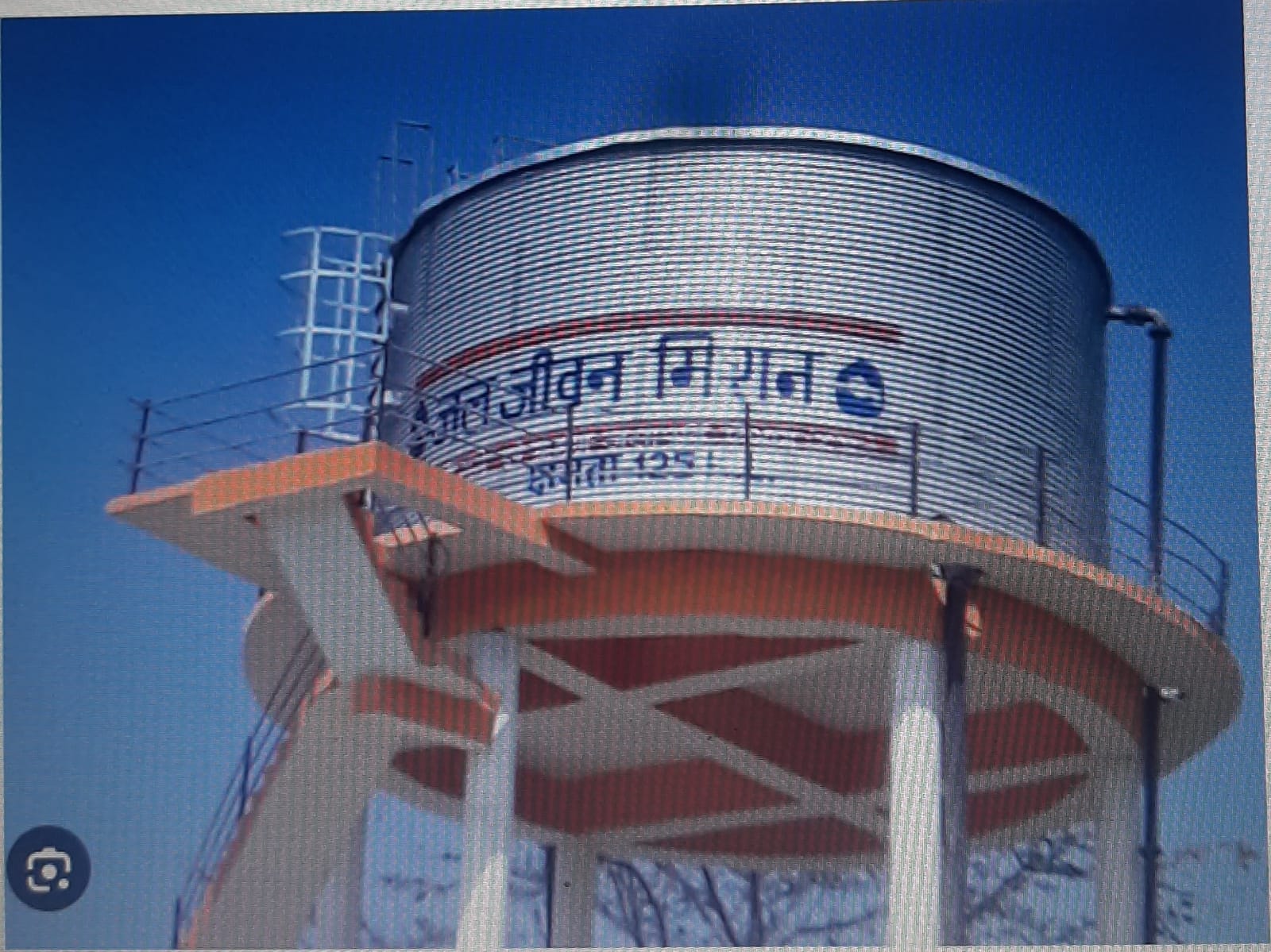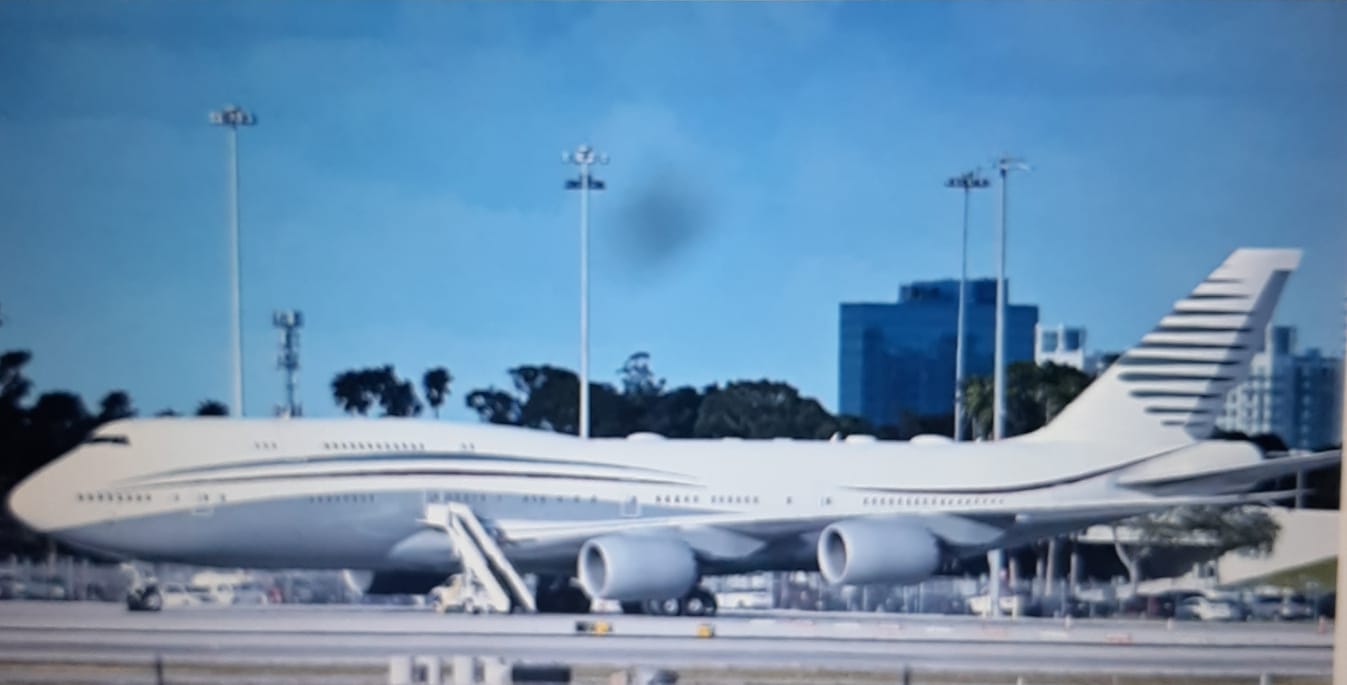
New Delhi, May 06:(DN&V): With stress on frequent handwash to keep off coronavirus, Palli Thordarson, a professor at the School of Chemistry at the University of New South Wales, Australia, explaining the situation has said viruses tend to be made up of three component parts:
A nucleic acid genome (their genetic material: DNA or RNA). Protein, which encases the nucleic acid and aids viral replication inside a host body. A fatty outer layer of lipids.
The connections between the three provide the structure of the virus, but those connections are weak — no covalent bonds in action to provide a more stable structure. Instead, says Thordarson, the viral self-assembly is based on weak “non-covalent” interactions between the proteins, RNA and lipids. Together these act together like a Velcro so it is very hard to break up the self-assembled viral particle.
But soap is particularly good at dissolving the lipid layer that surrounds the virus. It also undoes all the other weak bonds within the virus. Once that happens, the virus effectively falls apart. (Washing with water alone is far less likely to shift the virus from the skin surface.)
Soap contains fat-like compounds called amphiphiles, which are similar to the lipids found in the virus membrane. When soap comes into contact with these fatty substances, it binds with them and causes them to disconnect from the virus. It also forces the virus to disengage from the skin.
You do have to be vigorous with your hand-washing though — thoroughly for at least 20 seconds. Viruses stick to the skin and get lodged in those minuscule crinkles (no matter how smooth or soft your skin is), which is why shifting them requires active hand-washing.
Other substances are also effective, such as alcohol-based gels. Those with high alcohol content (usually 60% to 80%) will also dissolve the virus. But the antibacterial properties of such products will have no effect on viruses.









